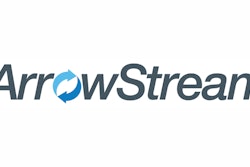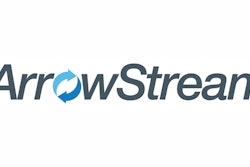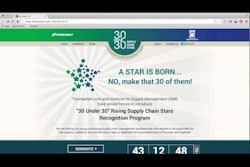Belmont, Mass.—August 26, 2014—Smart Software, Inc., a provider of service level-driven demand planning, announced that, in a public bidding process, Minnesota’s Metro Transit purchased its flagship product, SmartForecasts. Smart’s solution has a technology for accurately forecasting intermittent demand, solving a critical parts planning challenge for transit systems. In addition to software, Smart Software is going to provide Metro Transit with consulting, training and ongoing support services.
The Materials Management Department at Metro Transit is going to use the software to improve the planning and purchasing of service parts for its bus and rail operations. Many of the company’s parts exhibit hard-to-forecast intermittent demand. The erratic nature of its parts consumption requires an inventory planning system that is easy to use, accurately forecasts future parts usage and provides reliable inputs into its replenishment process.
Metro Transit is the public transportation system for the Greater Minneapolis/St. Paul metropolitan area in Minnesota. In 2013, Metro Transit provided 81.4 million bus, commuter rail and light rail rides on over 128 routes. The company stocks 24,000 parts, which support over 1,000 vehicles, valued at approximately $42 million. Repair operations are supported by a central warehouse and a network of 13 stocking locations spread throughout the region.
Using service-level driven demand planning techniques enabled by SmartForecasts, Metro Transit’s material planners can know the proper amount of inventory to carry for all parts in all w,arehouses to meet its challenging service levels. This is important for intermittently demanded items which cannot be forecasted using traditional planning methods. Expected benefits include more effective and less costly resource allocation and increased parts availability to sustain ongoing operations. SmartForecasts interfaces with Metro Transit’s Fleetworks enterprise resource planning (ERP) system, which handles the parts purchasing function.
“Metro Transit’s ridership increased by over 5 million rides in the last four years. Ensuring a high level of customer service was never more important,” said Greg Hartunian, president of Smart Software. “Using SmartForecasts to help accurately forecast parts inventory requirements and better understand service vs. financial tradeoffs help Metro Transit continue to maximize service at a minimum cost.”
Metro Transit joins a number of leading transportation systems in its decision to implement SmartForecasts, including Metro North Railroad, Montreal Transit and New Jersey Transit.



















